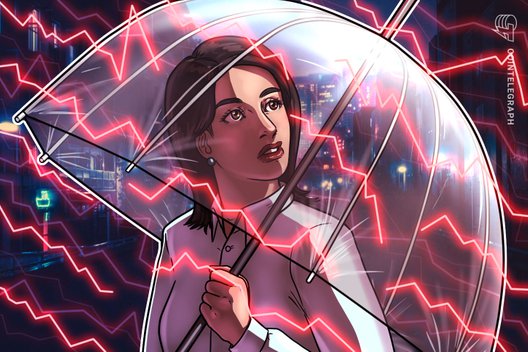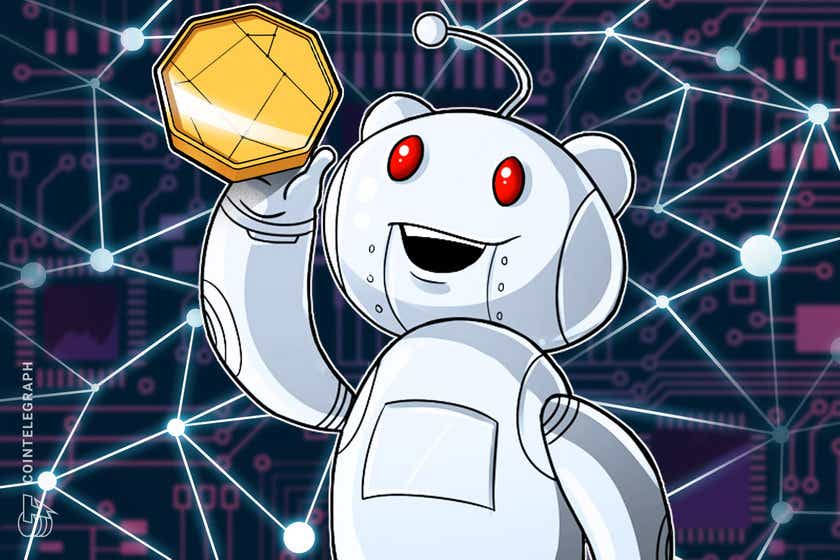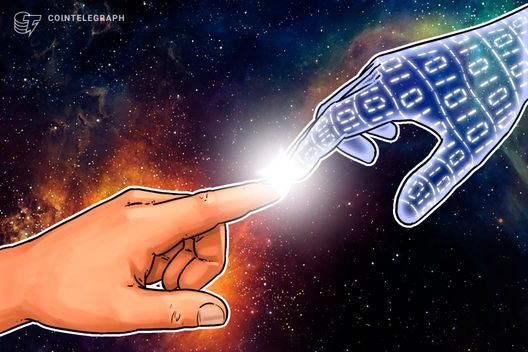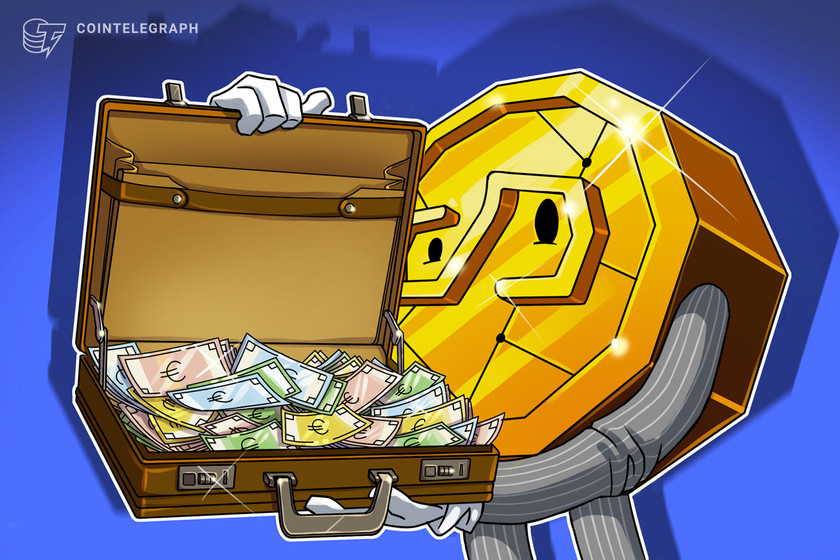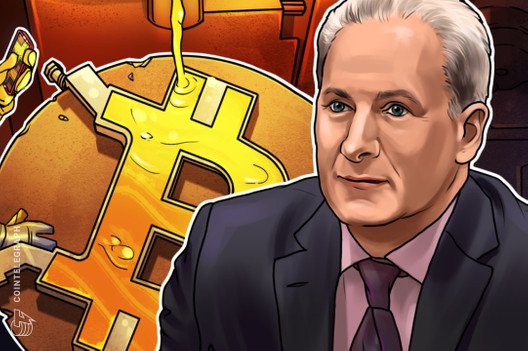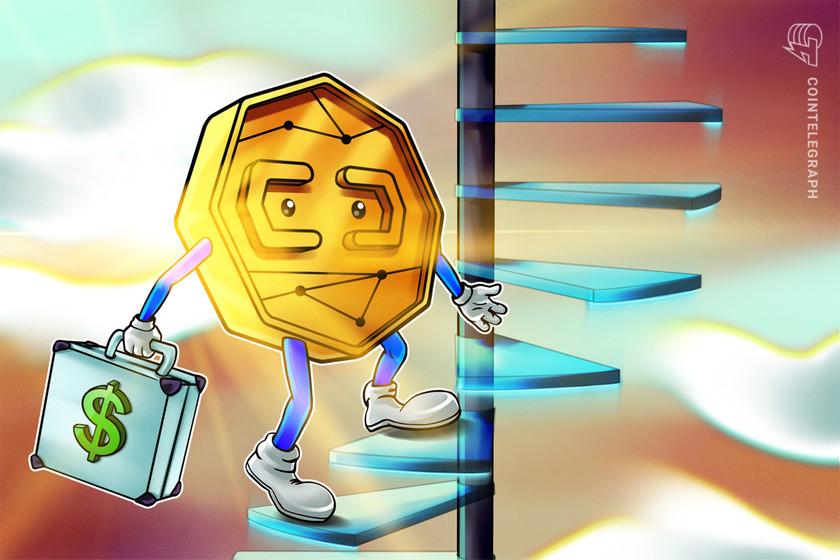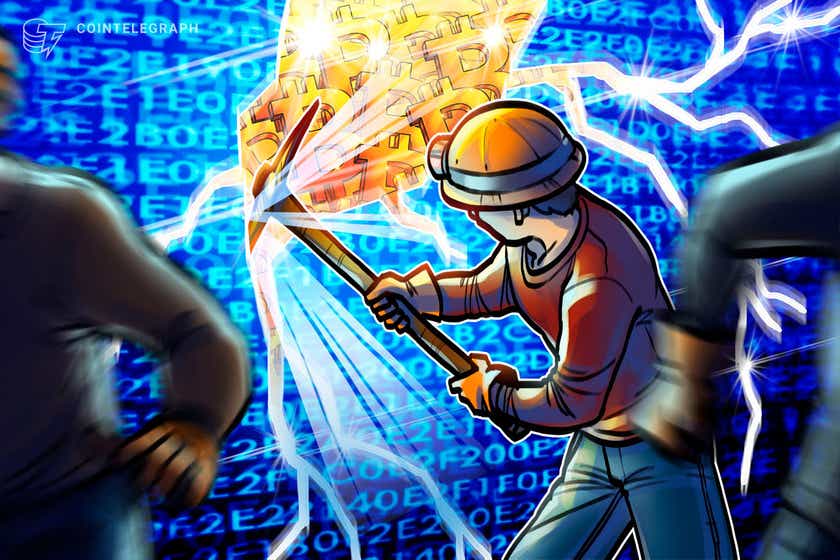DAOs need checks and balances to have better governance
Over the past few years, decentralized autonomous organizations (DAOs) have introduced a clear paradigm shift in blockchain governance. With their community decision-making and adherence to hardcoded rules, they have challenged the role of hierarchy and central authority that are present in modern organizations, especially as it pertains to business. Ideologically, DAOs have a lot in common with democracies: individuals holding an amount of a DAO’s specific token can allocate those tokens as votes on governance proposals. Once voting has concluded, the final outcome is executed autonomously by smart contracts.
In functional democracies, however, citizens elect representatives to legislate laws and govern society, and periodic elections and an independent judicial system help ensure that elected leaders work honestly toward a common interest. DAOs, especially those also functioning as business entities, often fail to implement and practice these systems of checks and balances. Consequently, many of them retain centralized or minority control, limit the breadth of decisions in which community members have a say, or suffer from uninformed and disorganized voting practices.
The problems with DAOs
Problems with DAOs begin with the fact that tokens are required to participate in a DAO’s voting procedures. This means wealthier individuals have the ability to purchase more tokens and thus exert more influence over voting outcomes. This sort of selective enfranchisement based on token holdings can lead to biased voting outcomes that might not be beneficial for the entire community.
While some early users may join DAOs based on collective interests and long-term goals, there are inevitably investors who join strictly to make quick profits without caring about a project’s sustainability and future. With the intrinsic importance of tradable governance tokens to a DAO’s operations, it can be difficult to align financial incentives and community interests in a way that maximizes a project’s growth potential over longer timeframes.
Related: CFTC action shows why crypto developers should get ready to leave the US
Moreover, a large community can negatively affect decision-making, as voting often becomes a time- and resource-intensive process. During emergencies or crises, quick decisions can sometimes protect users’ funds, but reaching a consensus through community voting delays the decision-making process. In many cases, a large section of the community is uninformed about the latest developments, which can lead to faulty voting behavior.

At the same time, while it can be helpful for project founders and core teams to have the ability to act swiftly in certain cases — such as preventing hacks and fraud — they can often exert absolute and unfair control over the community, which is detrimental in the long run. For example, the Fei Protocol founder proposed to ghost Tribe DAO after the latter’s community voted to repay the $80-million Rari Capital hack that occurred back in April.
Although DAOs suffer from the aforementioned problems, a representative system of checks and balances can solve them.
Alternative solutions
DAOs don’t exist in a vacuum, beyond the socioeconomic disparities in our society. Thus, a small section will always have a greater say in certain things. Democracies teach us that although elected representatives govern and intervene during crisis periods, citizens can approve or disapprove of them. Thus, hierarchy isn’t antithetical to democracy. On the contrary, hierarchies with sufficient safeguards can complement democratic governance.
A tier-based DAO governance system has multiple benefits. First, it keeps a check on each other’s decision-making capacities. If one entity feels that the other entity is dishonest, it can withdraw and remove governance rights. Just like the judiciary can overturn an unfair law from the legislature, DAO entities can do the same. Thus, checks and balances will strengthen democratic values and governance structures.
Related: Waves founder: DAOs will never work without fixing governance
Second, a tiered DAO is more transparent, as the project community already knows about the core team’s additional governance powers. This team usually consists of a company’s CEO, developer, project architect, security officer, finance head, creative director and others. The project team ensures that the company makes the right decisions during its formative years and quickly responds to emergency situations.
Strategic decision-making becomes more agile and fast with the help of core teams. Moreover, this team is usually responsible for appropriately spending the treasury revenue for the project’s future development. The core team reports to an intermediary DAO group to ensure that the former doesn’t become overtly powerful and dishonest. The large project community can elect representatives to the intermediary group who will protect the community’s interests.
Mastering the balancing act
The community holds the key to complete decentralization, as they suggest proposals for protocol upgrades and collectively vote on them. Simultaneously, hierarchical governance structures help startups to make quick, informed decisions on important operational issues. DAOs should not take an “either-or” approach by prioritizing either the community or tiered DAO entities. Rather, both the community and hierarchical bodies can streamline decision-making and governance.
Successful DAOs won’t choose between the community and the core team, but will maintain equilibrium between them.
Lang Mei is the CEO of AirDAO, previously known as Ambrosus Ecosystem, a DAO focused on building a decentralized system to enable social and financial interactions. Originally born in China, he obtained a bachelor of science in information management and entrepreneurship from the University of Colorado, Boulder before making his way to Silicon Valley. By the age of 20, he had founded three profitable startups.
This article is for general information purposes and is not intended to be and should not be taken as legal or investment advice. The views, thoughts, and opinions expressed here are the author’s alone and do not necessarily reflect or represent the views and opinions of Cointelegraph.

